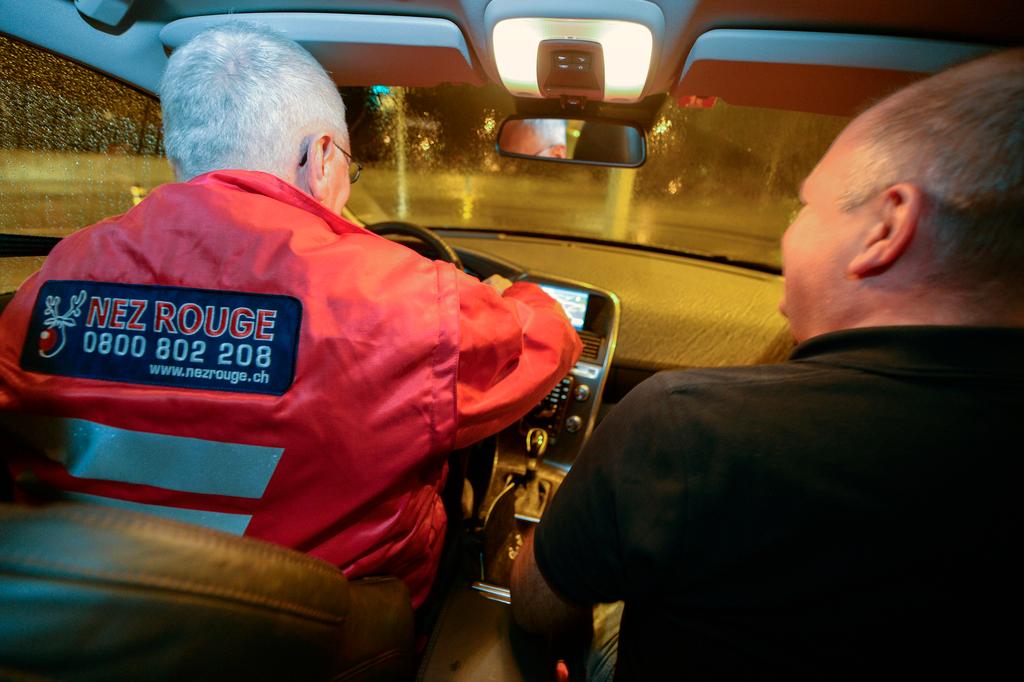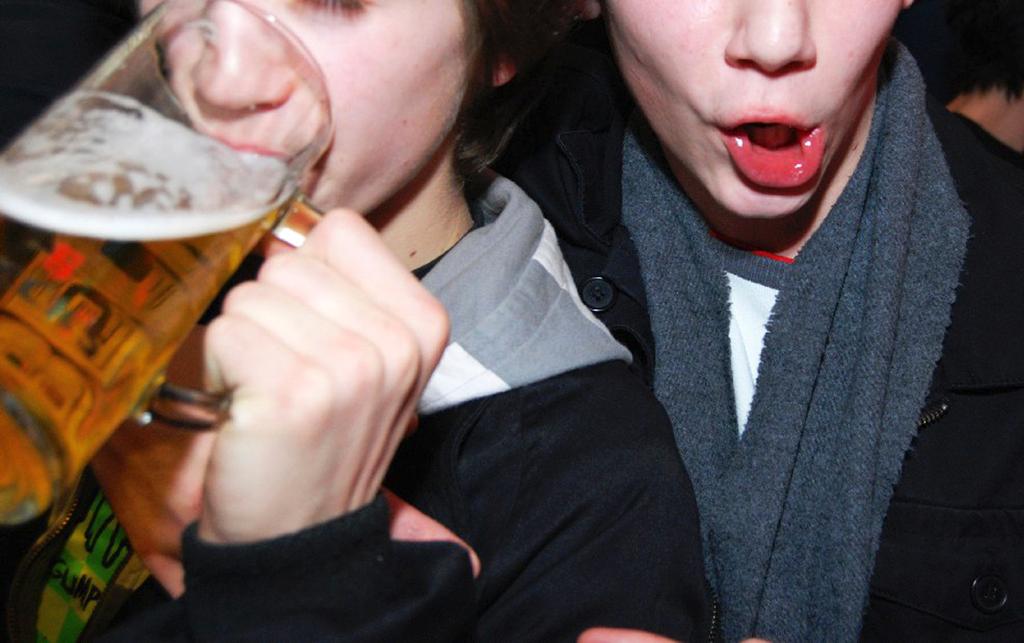More Swiss ask help to get home safe

More than 18,000 people who may have been too incapacitated to drive a car – let alone a sleigh – have made use so far of a Swiss organisation’s anti-drunk driving service to get safely home during the festive season.
But the season’s not over yet. The tally represents only the number of those in need of aid between early December and Christmas Eve, and it is a 12.5 percent jump from the 16,000 reported during the same time frame last year.
The single biggest night of this year’s season so far was on Friday the 18th when 2,500 people were driven home, the Delémont-based organisation, Opération Nez Rouge, said in a statement on SaturdayExternal link.
More than 5,000 volunteers signed on to provide assistance through New Year’s Eve, typically the busiest time, though the organisation is still seeking more volunteers. Help will be given in the Bernese Jura until the 2nd of January.
The volunteer, sober drivers are sent throughout Switzerland to come to the aid of people who can no longer steer their car on their own. Help is dispatched when someone complains of being too tired or incapacitated by alcohol, drugs or medication.
Canadian roots
Last year the service helped 29,000 people get safely home. A total of 343,000 people have taken advantage of the organisation’s volunteers since its inception in Switzerland in 1990. The service is free.
A Canadian math professor thought up the ideaExternal link as a service of the university swim team he coached. That became a road safety campaign in Quebec with the red-nosed reindeer guiding Santa’s sleigh as its symbol. A Swiss doctor and collaborators first launched a similar service in the French-speaking Swiss canton of Jura.
The Swiss organisation can be reached free of charge at 0800 802 208 or via a direct regional phone number during operating hours available on www.nezrouge.ch.

In compliance with the JTI standards
More: SWI swissinfo.ch certified by the Journalism Trust Initiative










You can find an overview of ongoing debates with our journalists here . Please join us!
If you want to start a conversation about a topic raised in this article or want to report factual errors, email us at english@swissinfo.ch.